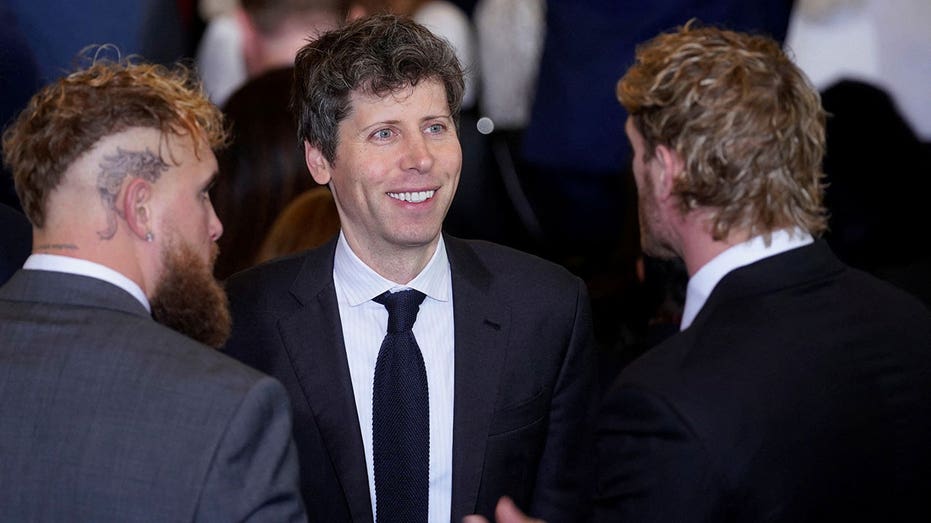Sam Altman’s biometric identity project — World, formerly known as Worldcoin — has officially launched in the United States, bringing with it a blend of sci-fi-like ambition and mounting global concern.
The technology verifies individuals by scanning their irises in exchange for a share of cryptocurrency and a digital ID called World ID.
The debut event, held Wednesday night in San Francisco, unveiled a new, more compact version of the company’s signature imaging device known as the Orb, a silver sphere that captures iris patterns to prove a person is human.
Altman, who also leads OpenAI, framed the launch as a critical step toward digital trust in an artificial intelligence-driven future.
OPENAI CEO SAM ALTMAN RINGS IN 2025 WITH CRYPTIC, CONCERNING TWEET ABOUT AI’S FUTURE
“As AI advances, it’s increasingly important to distinguish between humans and bots online,” the company said in a press release, positioning World ID as a “proof-of-human” standard for the internet age.
But with that goal comes controversy. World has already faced legal scrutiny on multiple continents.
Authorities in Spain have suspended the project. Argentina has issued fines over its data terms. Kenya opened a criminal investigation before ultimately halting the project. And, in Hong Kong, regulators ordered World to cease operations, citing the collection of biometric data as “excessive and unnecessary.”
OPENAI CEO SAM ALTMAN TO DONATE $1 MILLION TO TRUMP’S INAUGURAL FUND
Despite these rebukes, World claims its system is safe. It says the Orb doesn’t store actual images of users’ eyes, instead generating an encrypted “iris code” that is then tied to a blockchain-based digital identity. Critics, however, remain wary.
“Once you link an unchangeable biometric like your eye to a global ID system, you can’t take it back,” one cybersecurity expert warned. “It’s the ultimate honeypot for surveillance.”
Altman, 39, rose to prominence as the CEO of OpenAI, the company behind ChatGPT. Under his leadership, OpenAI has driven artificial intelligence into the public mainstream while sparking fears over deepfakes, misinformation and job displacement. Now, with World, he’s turning his focus from thinking machines to verifying the humans still using them.

The app has already verified over 11 million people worldwide, and its ambitions are expanding quickly. On Wednesday, the company also announced a partnership with Visa to release the World Card later this year, a crypto-linked debit card that users can spend anywhere Visa is accepted.
In Japan, a separate partnership with Match Group’s Tinder will allow users to verify their identity via iris scan, aimed at cracking down on romance fraud.
The U.S. rollout comes as the Trump administration continues to back digital assets and emerging tech.
President Donald Trump has called for making the country the “crypto capital of the world,” and his administration has reportedly supported initiatives that reduce regulatory barriers to private sector innovation.
That supportive environment may explain why Altman chose now to bring World home after a cautious international rollout during the previous administration.
“We are building the foundational layer of the internet economy,” Altman told attendees in San Francisco. For some, that’s a glimpse into a promising digital future. For others, it’s a warning.
GET FOX BUSINESS ON THE GO
As artificial intelligence evolves and biometric systems spread, Americans are being asked to trade something personal — their eyes — for convenience and access.
Read the full article here


